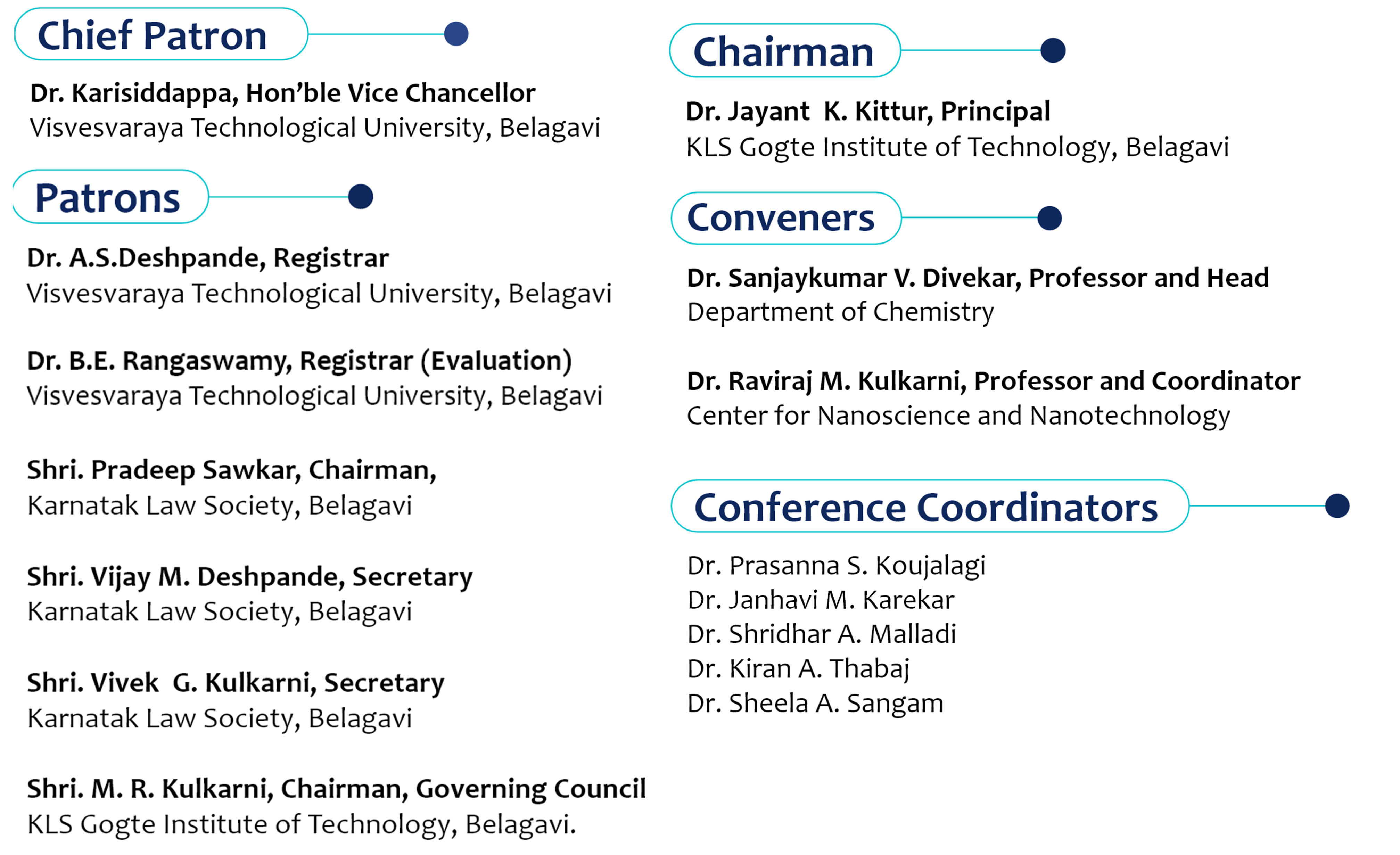

In the last decade we have seen dramatic change in water and waste water treatment processes. There is a serious consideration to find out alternative to the traditional treatment methods. The use of conventional water and wastewater
treatment processes have become challenged increasingly with the identification of emerging contaminants from domestic and industrial wastes leading to the diminishing availability of water resources.
Untreated water and wastewater may contain hazardous chemicals and pathogens which can harm the ecosystem. All communities, especially areas with water scarcity, need to ensure they have good water treatment processes in place so that
treated water can either be reused or returned to the water cycle, but never wasted.
The scarcity of water for industrial and domestic use has become an important issue. The waste water recycling and reuse is gaining importance as an alternate source of water. One of the detrimental effect of growing population is the
release of emerging contaminants to the water bodies without treatment. The entry of the emerging contaminants to the aquatic environment through waste water treatment plants may cause different ecological risk such as reproductive
toxicity, endocrine disruption and microbial resistance.
Solid waste management is an important aspect of urban area management. Improper disposal of municipal solid waste can create unsanitary conditions, which can lead to environmental pollution and the outbreak of vector-borne disease.
The increasing volume and complexity of waste associated with the modern economy is posing a serious risk to ecosystems and human health. Every year, an estimated 11.2 billion tonnes of solid waste is collected worldwide and decay of
the organic proportion of solid waste is contributing about 5 per cent of global greenhouse gas emissions.
Karnatak Law Society’s Gogte Institute of Technology, Belagavi was incepted in 1979 and is included under the section 2(f) and 12(b) of UGC act 1956. The institute is permanently affiliated and an Autonomous Institution under
Visvesvaraya Technological University, Belagavi which is spread across a sprawling mango meadow of over 23 acres. KLS GIT houses 8 undergraduate, 9 postgraduate disciplines and 10 research centers. GIT has the honor of sheltering over
4500 students and more than 250 highly qualified and motivated work force. The Institute also carries the distinction of getting NBA Accreditation by AICTE for the third time in succession. It is the first engineering institute in
Karnataka to get accredited with grade “A+” by National Assessment and Accreditation Council (NAAC).
The component of Research and innovation has been the key strength of GIT.
The Departments of Chemistry offers Ph.D. programme and also undertakes the consultancy and testing work. The faculty members are actively involved in Teaching under-graduate students and research. Faculty members have published more
than 160 research papers in reputed national/international journals and presented papers in National/International conferences.
